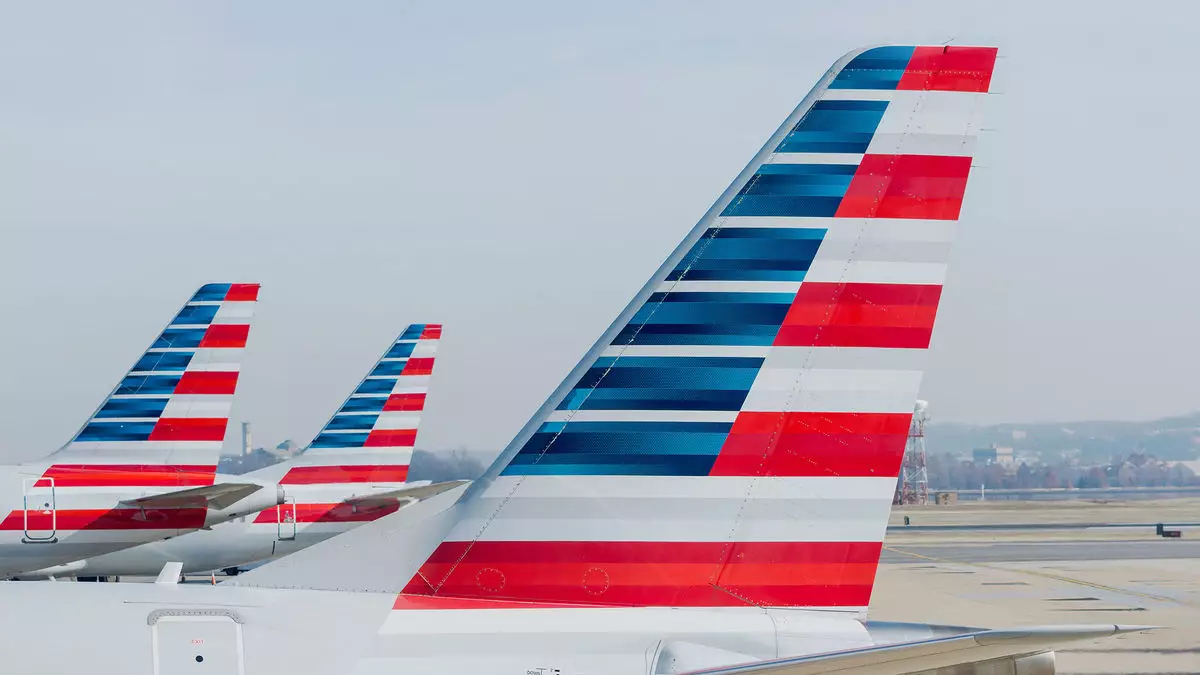In early 2023, a substantial ruling disrupted the regional airline landscape by dismantling the Northeast Alliance established between American Airlines and JetBlue. This partnership, which included coordinated flight scheduling and revenue sharing, was aimed at bolstering competitiveness against major players like Delta and United in key markets such as Boston and New York. However, despite the airlines’ assertions of enhancing consumer options, the arrangement drew significant scrutiny from regulators due to its potential anticompetitive effects. The ruling meant not only the end of this alliance but also raised questions about future cooperative efforts between major airlines.
Following the initial court ruling, American Airlines sought to overturn the decision, aiming to preserve its ability to create similar alliances in the future. The appeal was lodged in the U.S. First Circuit Court and focused on the premise that the judge who presided over the initial case, Judge Leo Sorokin, dismissed considerable benefits that the Northeast Alliance purportedly provided to passengers. These purported benefits included increased competition within the industry, which American argued would ultimately lead to reduced fares for consumers.
Nevertheless, the appeals court did not find merit in this argument. Rather, the judges highlighted that the district court had conducted a thorough investigation, leading to detailed findings primarily unfavorable to American Airlines. This meticulous approach led the First Circuit to uphold the original ruling, reinforcing the perspective that sometimes collaborative efforts among presumed competitors can harm market competition, even if framed as beneficial to consumers.
This judicial decision carries significant implications for the aviation sector, particularly in how airlines approach partnerships in the future. The ruling illustrates a clear stance from the courts on the importance of maintaining robust competition in the airline market. With American Airlines now considering its next steps, this ruling sheds light on the judicial branch’s commitment to enforcing antitrust laws designed to protect consumer interests.
The First Circuit’s ruling, firmly grounded in the Sherman Act, underscores the legal environment’s skepticism towards airline alliances that may reduce competitive dynamics. Particular emphasis was placed on how these arrangements could lead to collusive practices that mimic monopolistic behavior – a concept rooted deeply in antitrust law aimed at preserving market viability and consumer choices.
This case is emblematic of the tensions surrounding airline mergers and alliances in the U.S. industry. While operational partnerships can be seen as a strategy to optimize services and streamline operations, they can also lead to antitrust scrutiny, particularly in a market already characterized by relatively few dominant players. Furthermore, recent attempts by JetBlue to acquire Spirit Airlines, which ultimately failed, further illustrate the complexities involved in navigating regulatory frameworks while attempting to expand airline market presence.
As the federal government emphasizes competition as crucial for fair pricing, the outcome of this ruling may serve as a precedent, shaping not only American Airlines’ strategic decisions but also influencing how other airlines approach potential partnerships moving forward.
As American Airlines reviews the implications of this ruling, stakeholders in the airline industry will be watching keenly. This outcome signals a rigorous enforcement of antitrust laws and sets a precedent for scrutinizing future alliances designed by major airlines. The decision reflects an overarching commitment to consumer protection in the face of consolidations that may reduce competitive integrity in the market. Consequently, this ruling emphasizes the delicate balance that airlines must maintain between collaboration and competition, ultimately defining the landscape of air travel for years to come.


Leave a Reply